Continuing the 6th Session, on the morning of November 27, at the National Assembly House, under the chairmanship of National Assembly Chairman Vuong Dinh Hue, the National Assembly listened to the presentation of the Summary Report on explanation, acceptance, and revision of the draft Law on Identification and voted to pass the draft Law. The voting result showed that 431 delegates voted in favor (accounting for 87.25%); the National Assembly officially passed the Law on Identification.
National Assembly delegates of Thai Binh province attended the meeting on November 27.
The draft Law approved has 7 chapters and 46 articles, applicable to Vietnamese citizens; people of Vietnamese origin whose nationality has not been determined and are living in Vietnam; relevant agencies, organizations and individuals. The Law stipulates the National Population Database, Identification Database; ID cards, electronic ID cards; ID certificates; rights, obligations and responsibilities of relevant agencies, organizations and individuals. The Law takes effect from July 1, 2024, except for cases specifically provided for in the Law.
Next, with 423 delegates participating in the vote in favor (accounting for 85.63%); the National Assembly officially passed the Housing Law (amended).
The approved draft law has 13 chapters and 198 articles, regulating the ownership, development, management, operation, use of housing, housing transactions and state management of housing in Vietnam. This law takes effect from January 1, 2025, except for cases with specific regulations and other transitional provisions.
Continuing the morning agenda, Vice Chairman of the National Assembly Nguyen Khac Dinh chaired the discussion in the hall on the draft Law on the Capital (amended) and the Government's reports on: Preliminary summary of the pilot organization of the urban government model in Hanoi and Da Nang cities and the results of 3 years of implementing the organization of urban government in Ho Chi Minh City.
During the discussion, 28 National Assembly deputies expressed their opinions, and 6 National Assembly deputies had their opinions debated. The discussion atmosphere was very urgent and lively. National Assembly deputies spoke frankly, deeply, intellectually, and wholeheartedly about many comprehensive and important contents of the draft Law, demonstrating both comprehensiveness and specificity and details associated with specific provisions of the draft Law on the Capital with a very high spirit of construction and responsibility.
Regarding the three Government reports on the pilot application of the urban government model in Hanoi, Da Nang, and Ho Chi Minh City, the delegates basically agreed that their opinions would be compiled to supplement the National Assembly's conclusion on this content into the general resolution of the Session, in the direction of continuing to more effectively implement the National Assembly's resolutions to achieve higher results in the coming time, and most effectively promoting the special mechanisms that the National Assembly has reserved for localities.
In the afternoon, Vice Chairman of the National Assembly Nguyen Duc Hai chaired the meeting. After listening to the presentation of the Summary Report on the explanation, acceptance and revision of the draft Law on Water Resources (amended), the National Assembly voted to pass this law. As a result, 468 delegates participated in the vote in favor (accounting for 94.74%), the National Assembly officially passed the Law on Water Resources (amended).
The approved draft Law has 10 chapters and 86 articles, regulating the management, protection, regulation, distribution, restoration, development, exploitation and use of water resources; prevention, control and remedy of harmful effects caused by water in the territory of the Socialist Republic of Vietnam. This Law takes effect from July 1, 2024.
Next, Vice Chairman of the National Assembly Nguyen Khac Dinh chaired a meeting in the hall to discuss the draft Law on Archives (amended).
Participating in the discussion, the delegates agreed that the amendment of the Law on Archives is necessary to institutionalize the Party's guidelines and policies, ensure the consistency and unity of the legal system, promptly overcome shortcomings and limitations in current practices of archival work, meet the requirements of national digital transformation, and build an e-Government. With the goal of developing private archives, the State has policies to recognize, respect, protect, and ensure ownership and intellectual property rights for private archives, create a legal corridor, and favorable conditions for organizations and individuals to participate in archival services, and promote the socialization of archival activities. In addition, the delegates contributed comments on specific contents such as: Scope of regulation of the draft Law; authority to manage archival documents belonging to the National Archives of Vietnam, authority to manage archival documents belonging to the defense, public security, and foreign affairs sectors; archiving electronic documents and digital documents; private storage activities and storage service activities...
Vu Son Tung
(Office of the National Assembly Delegation and Provincial People's Council)
Source




![[Photo] Prime Minister Pham Minh Chinh chairs the meeting of the Government Party Committee Standing Committee](https://vstatic.vietnam.vn/vietnam/resource/IMAGE/2025/8/23/8e94aa3d26424d1ab1528c3e4bbacc45)


![[Photo] General Secretary To Lam attends the 80th Anniversary of the Cultural Sector's Traditional Day](https://vstatic.vietnam.vn/vietnam/resource/IMAGE/2025/8/23/7a88e6b58502490aa153adf8f0eec2b2)

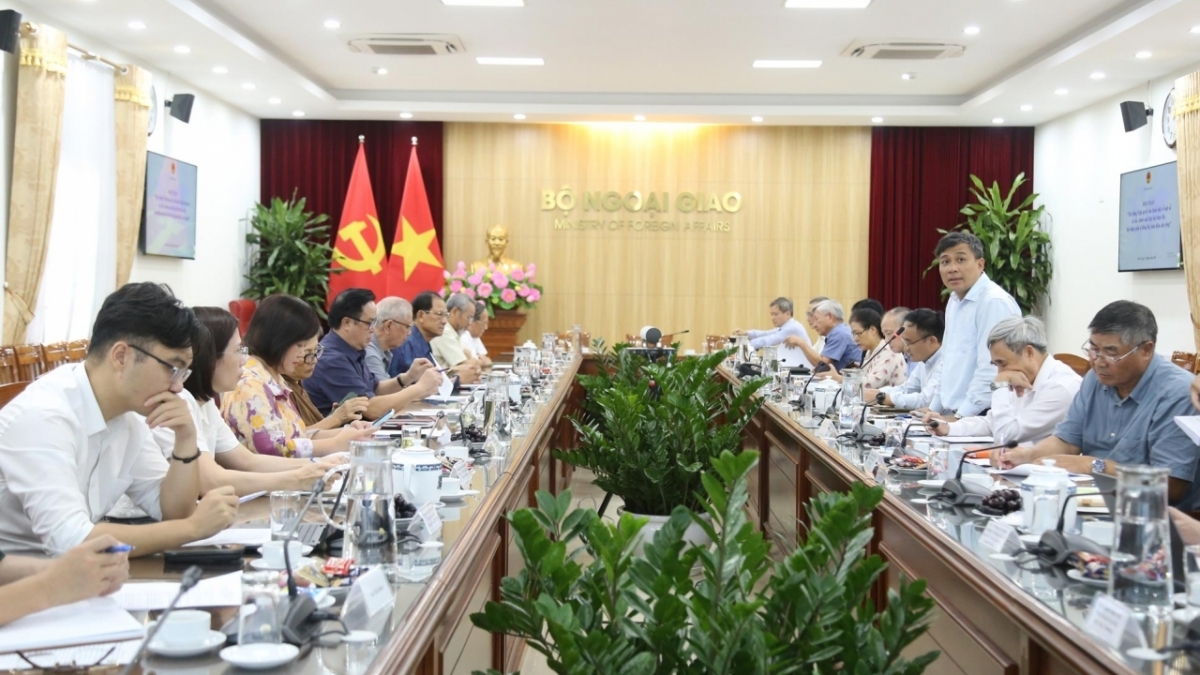

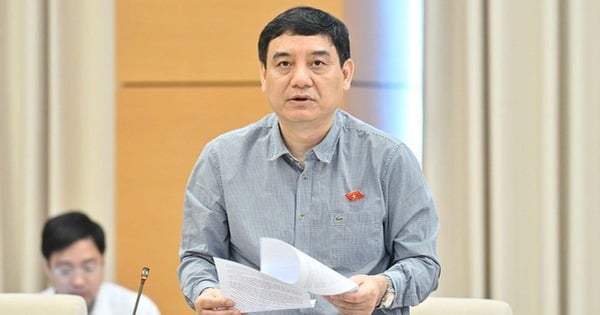



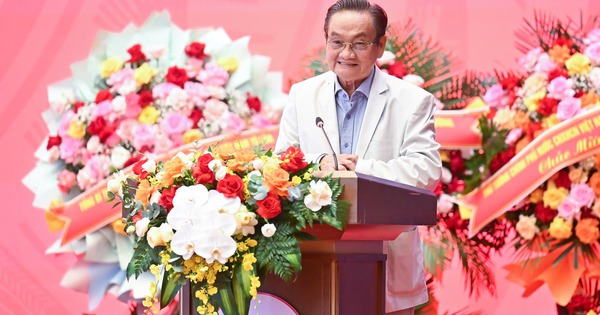
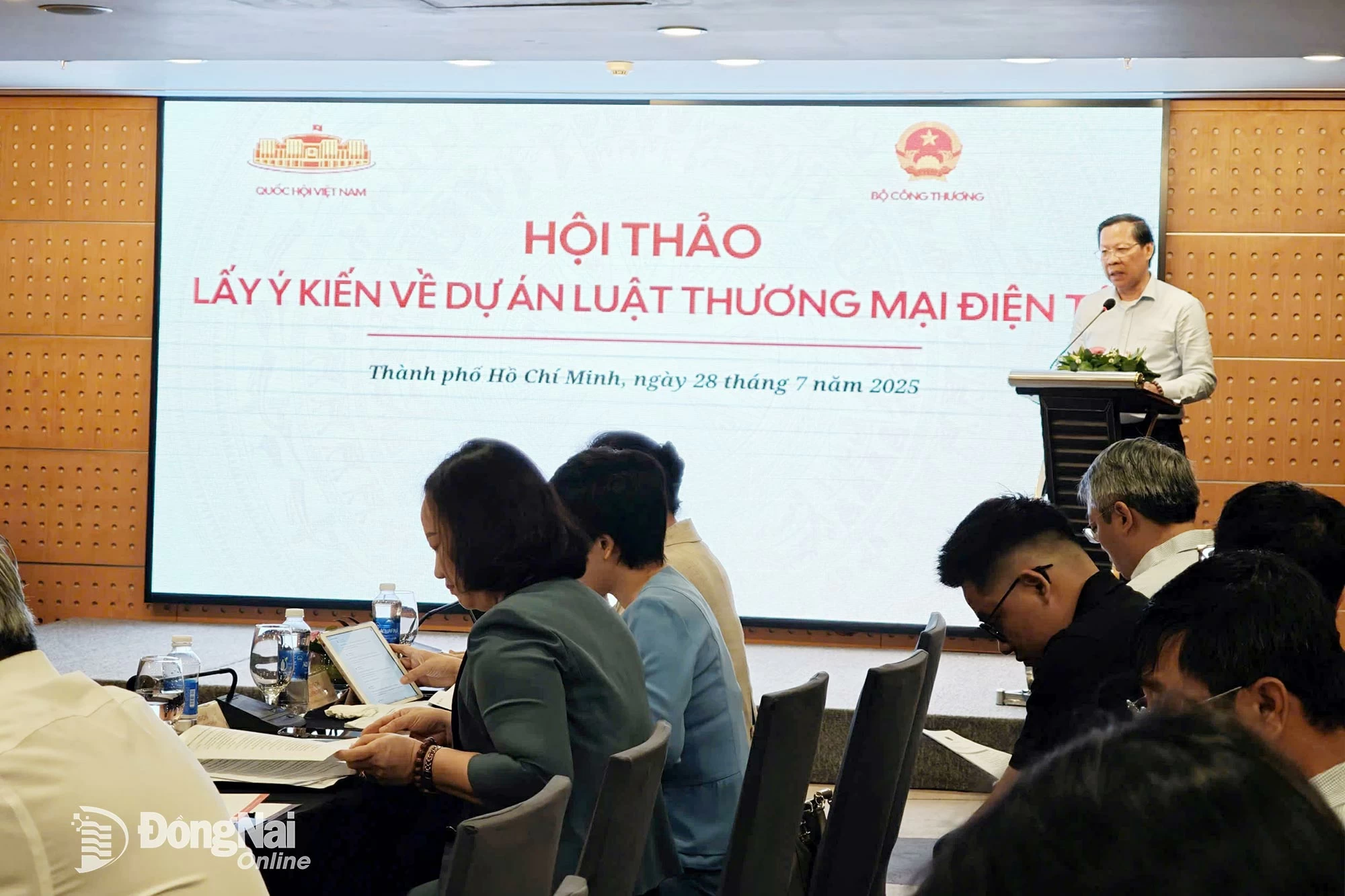

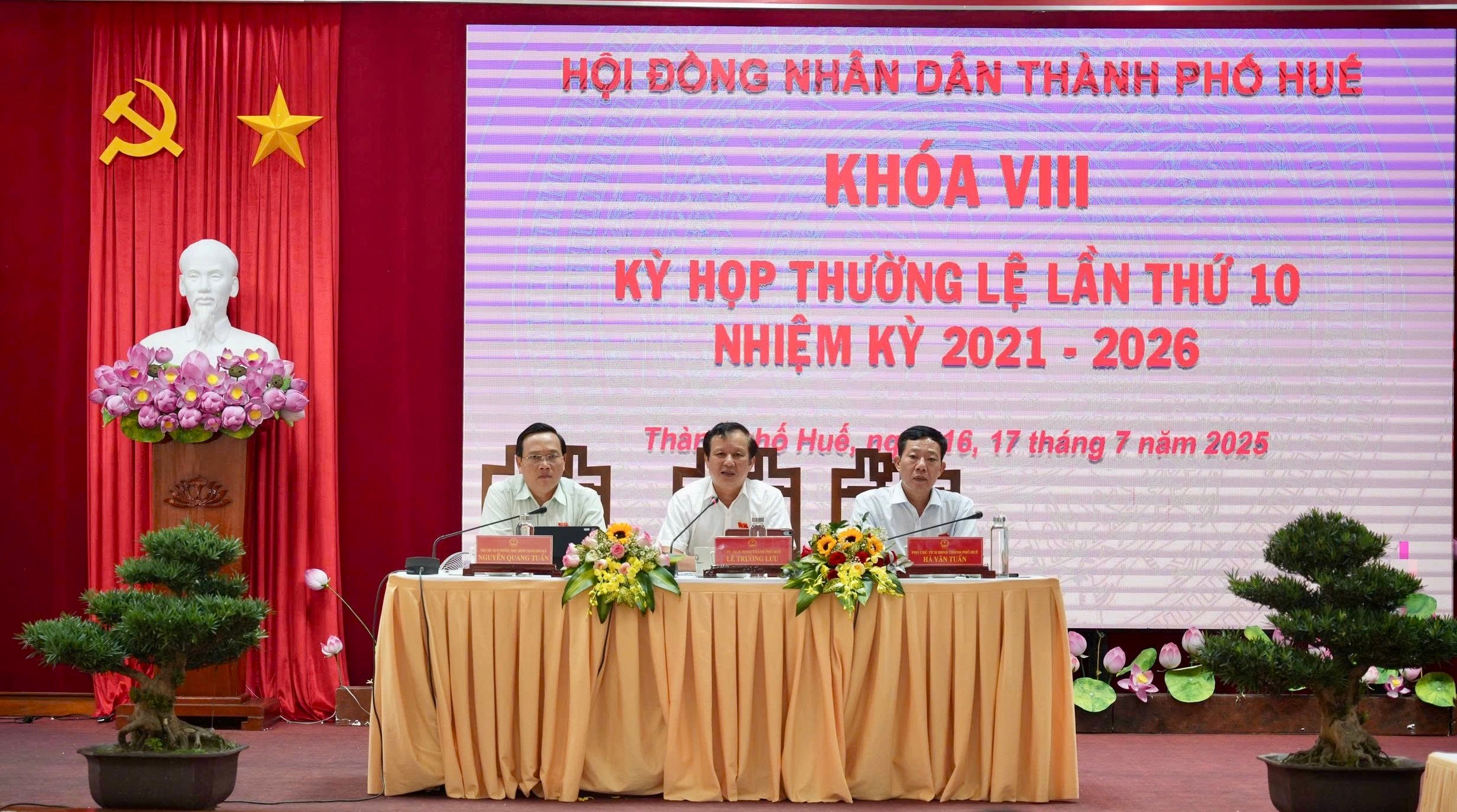

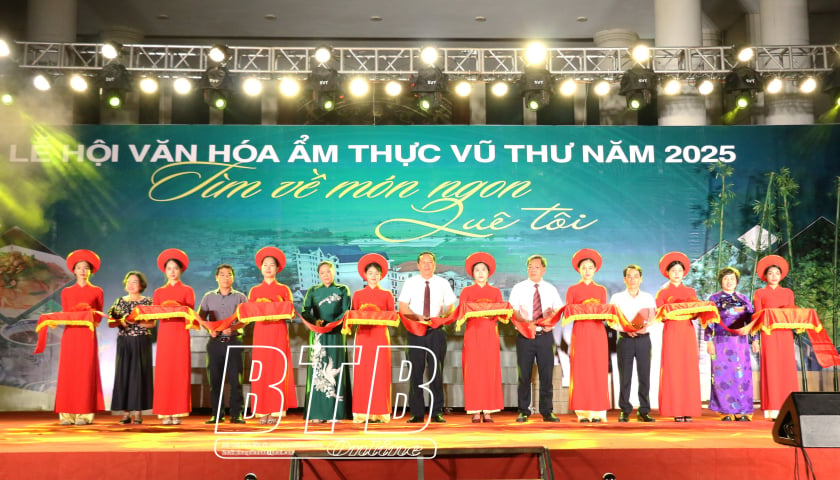


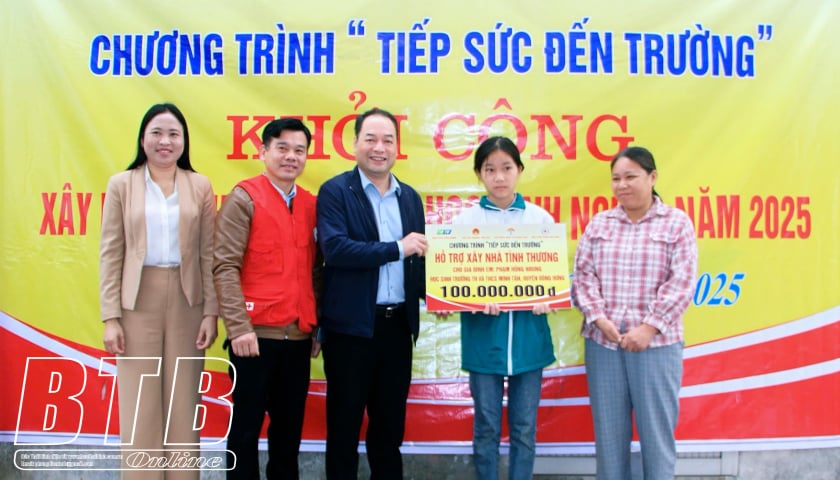

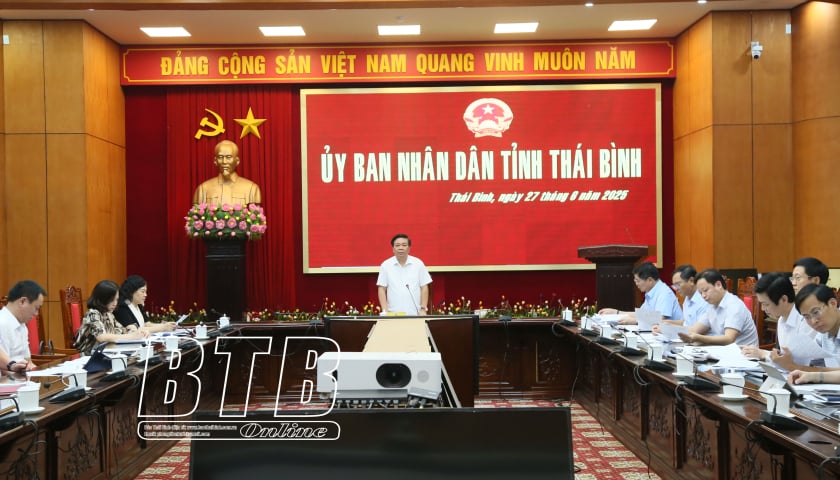
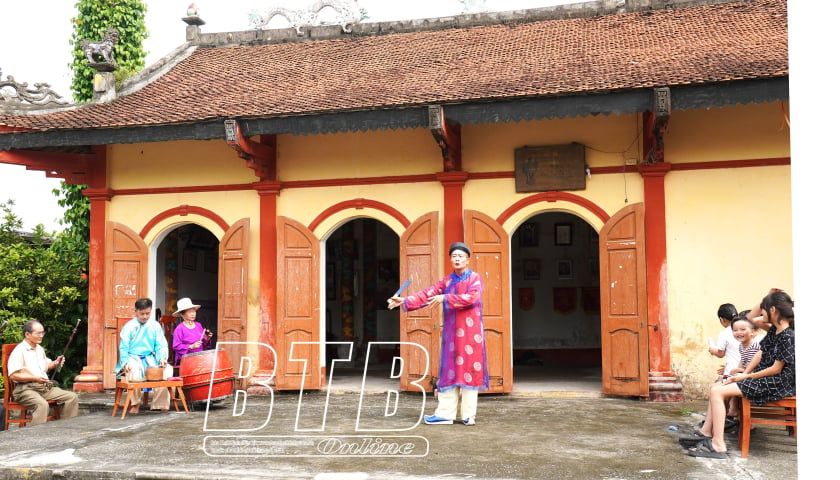




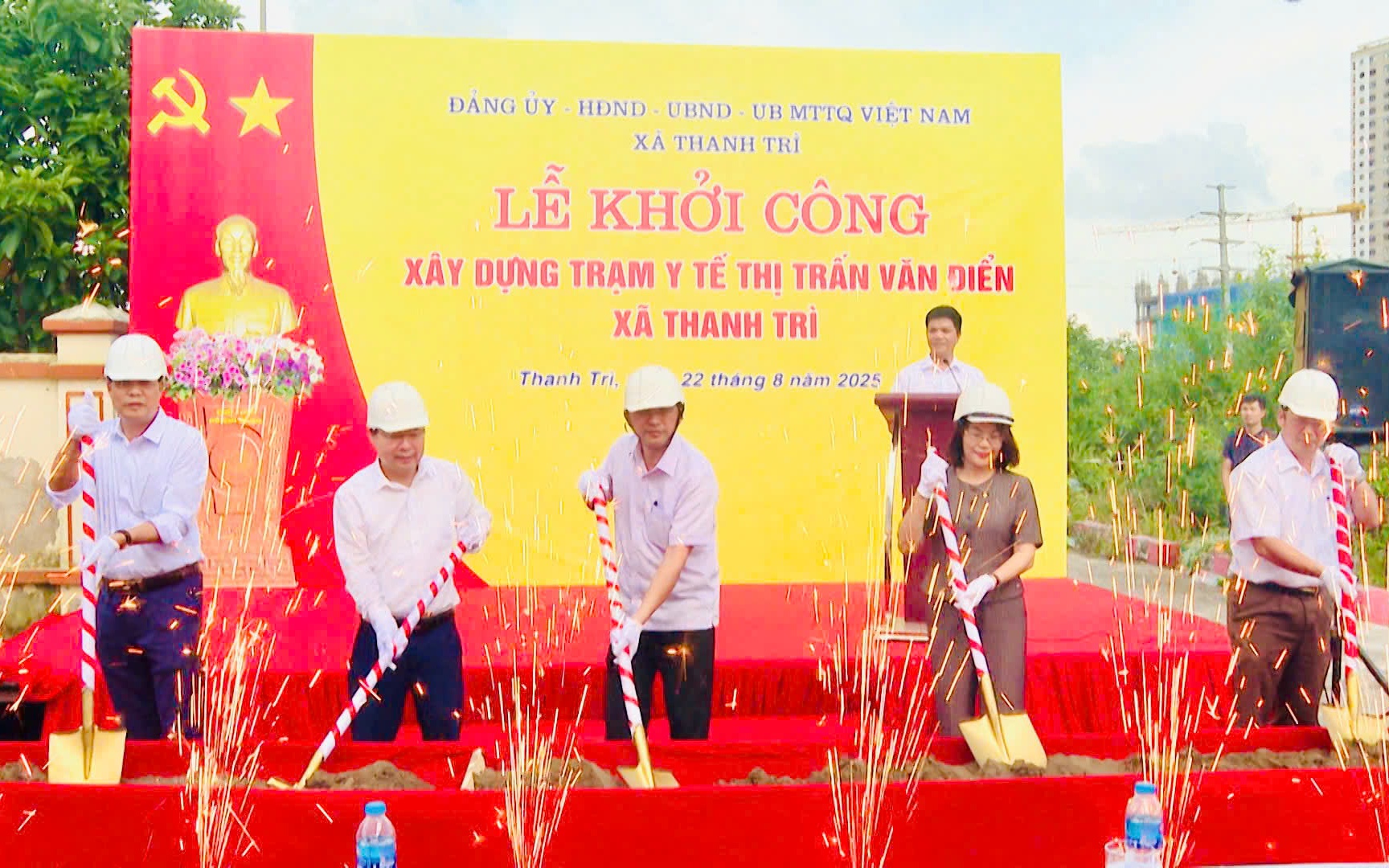

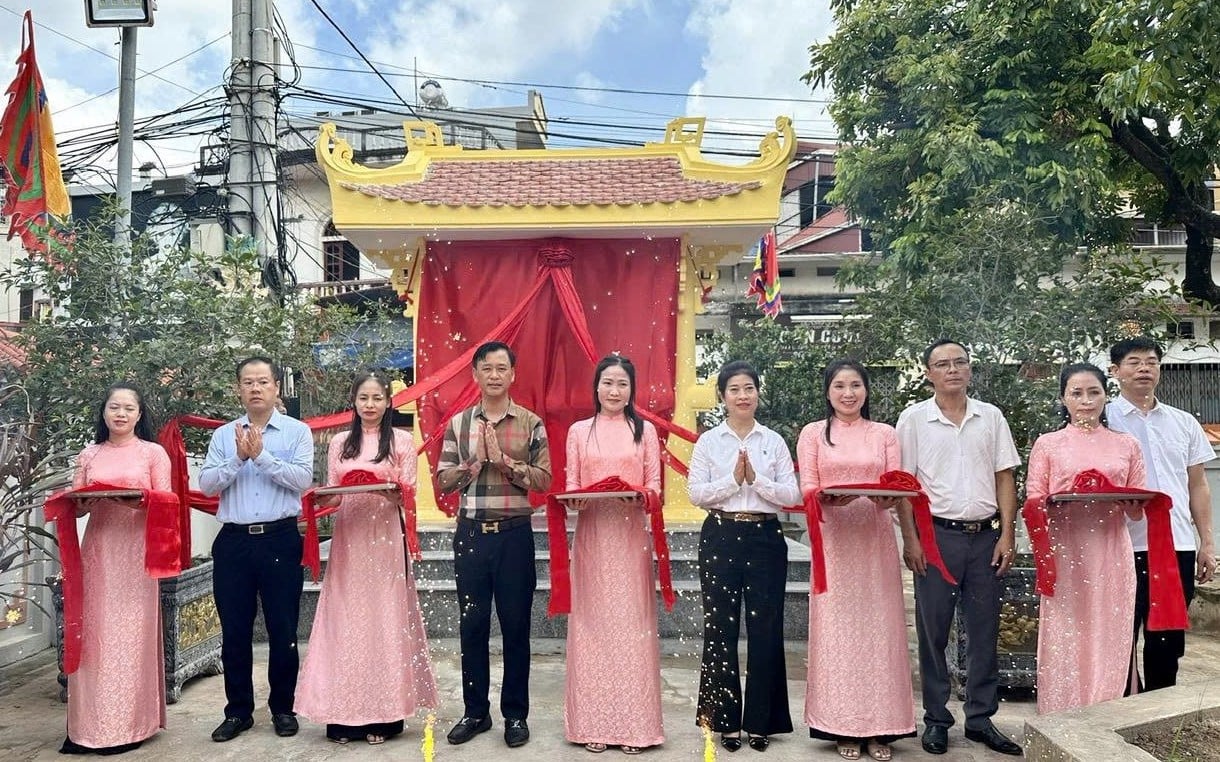
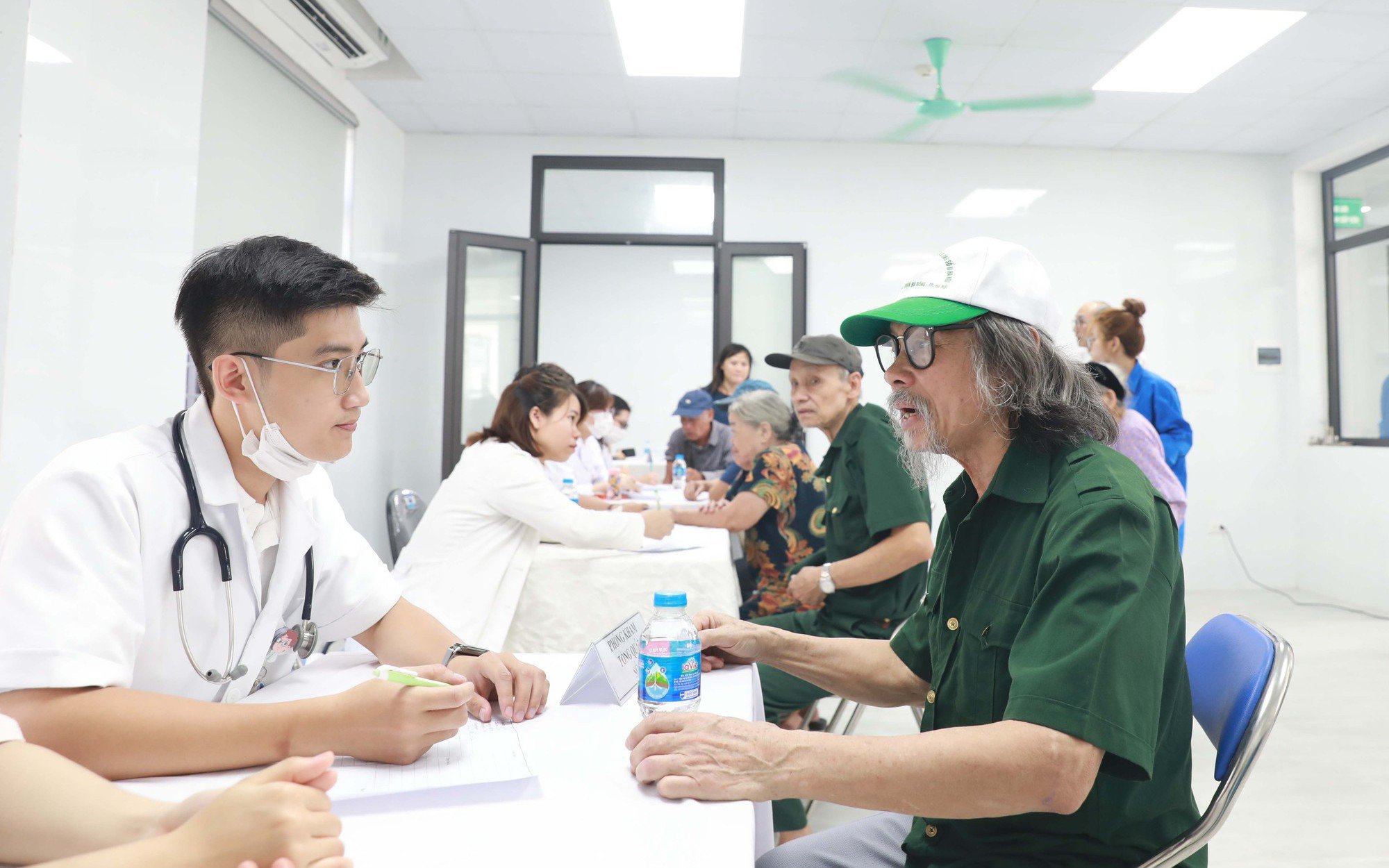

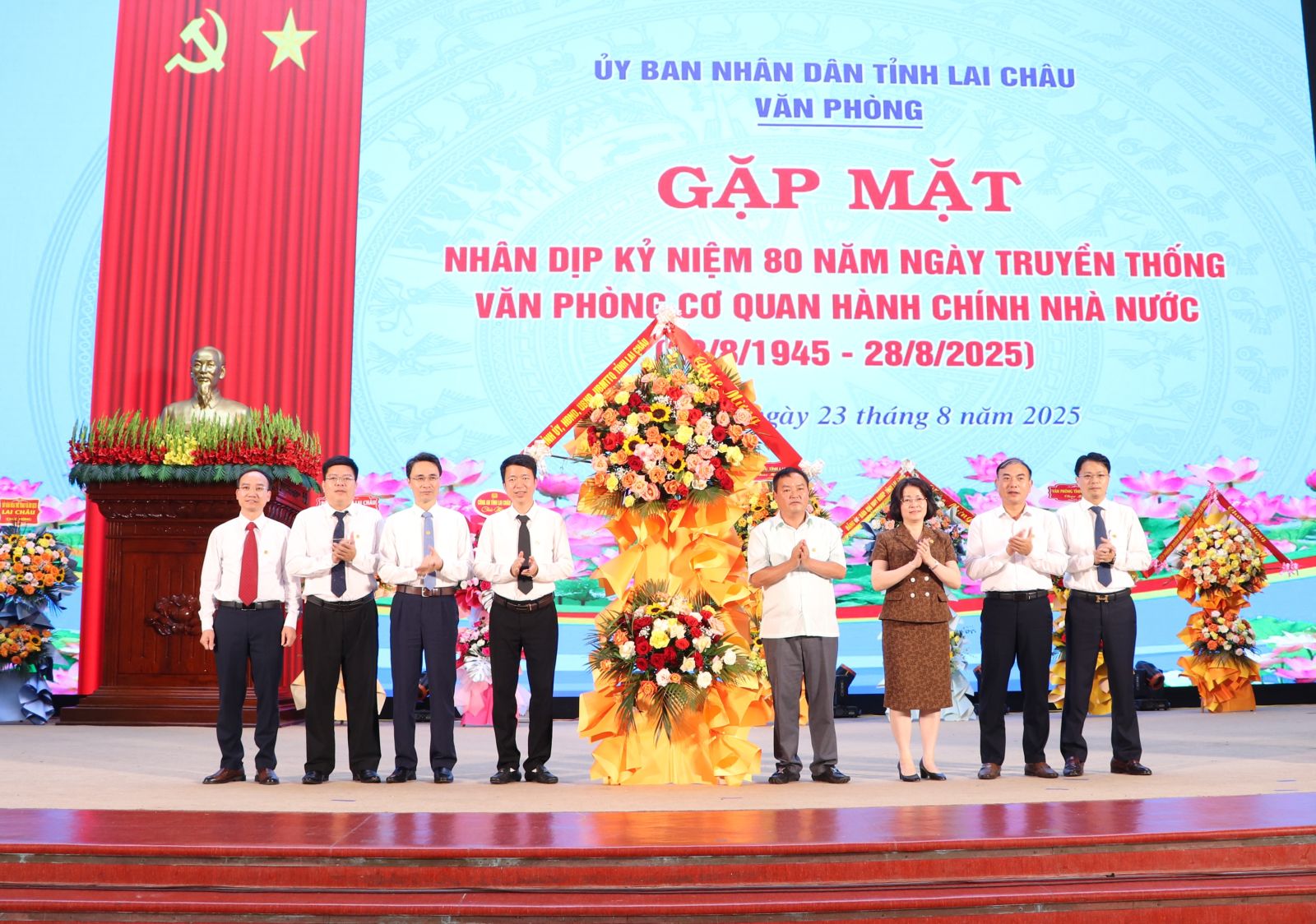











































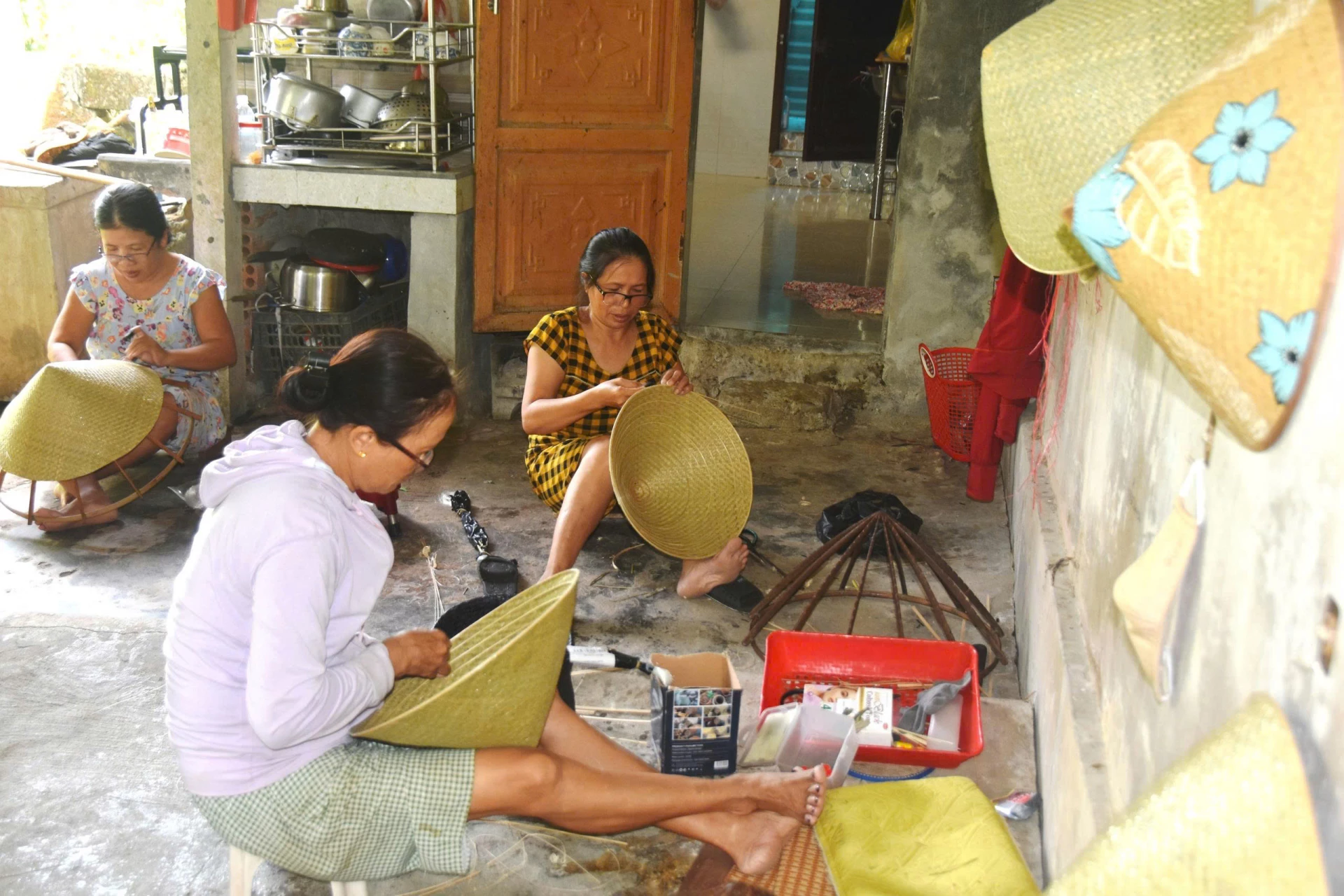

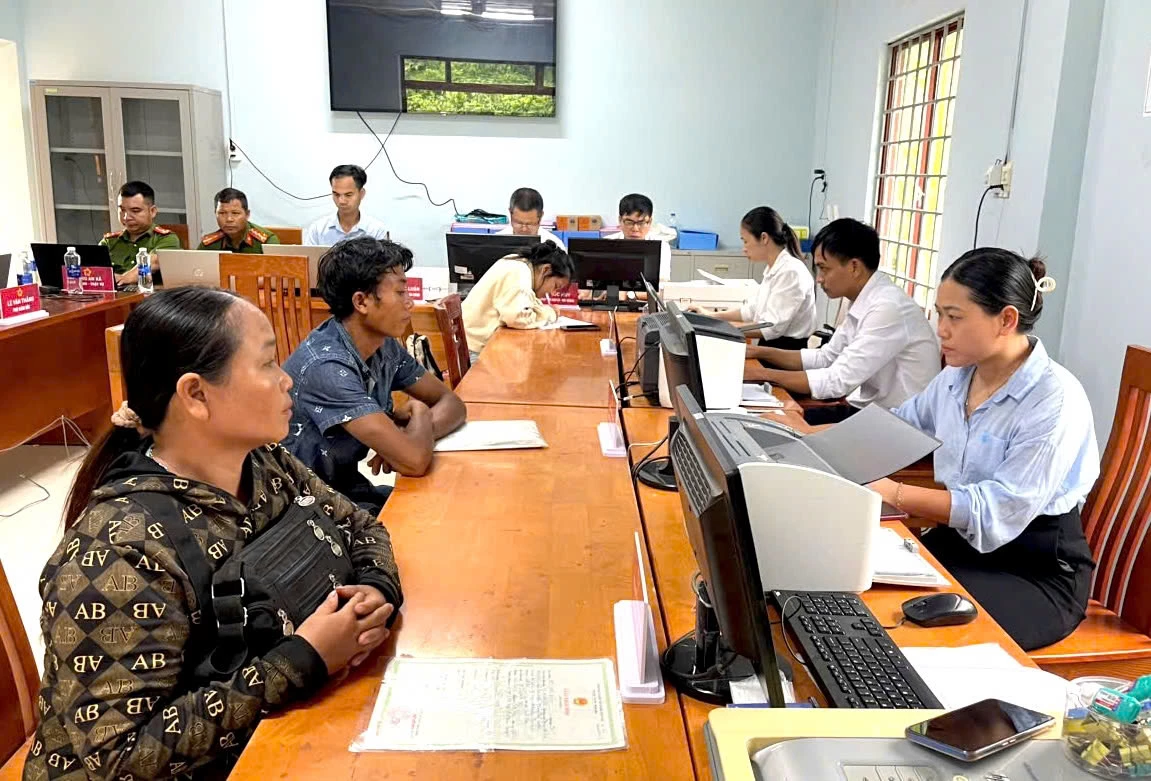





















Comment (0)